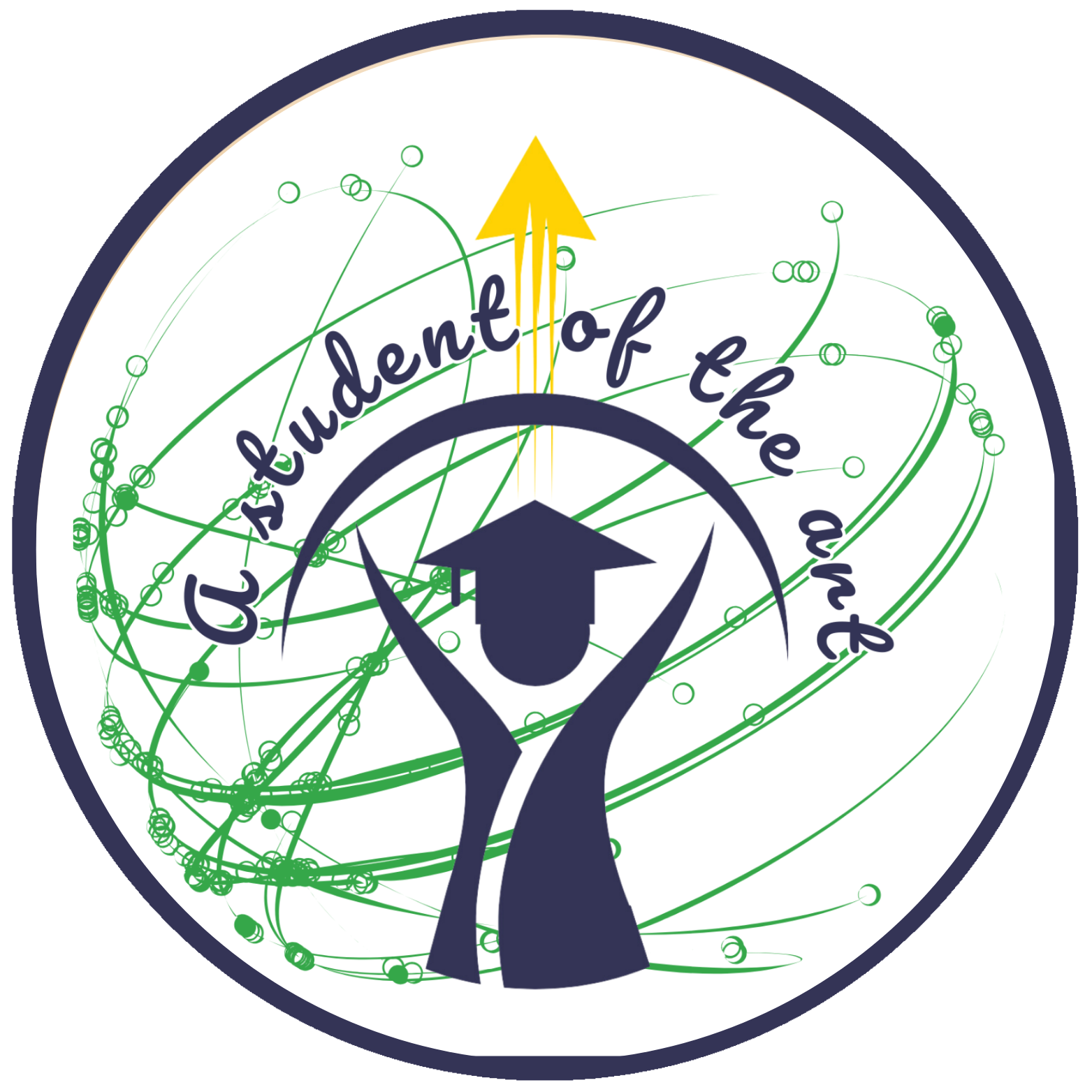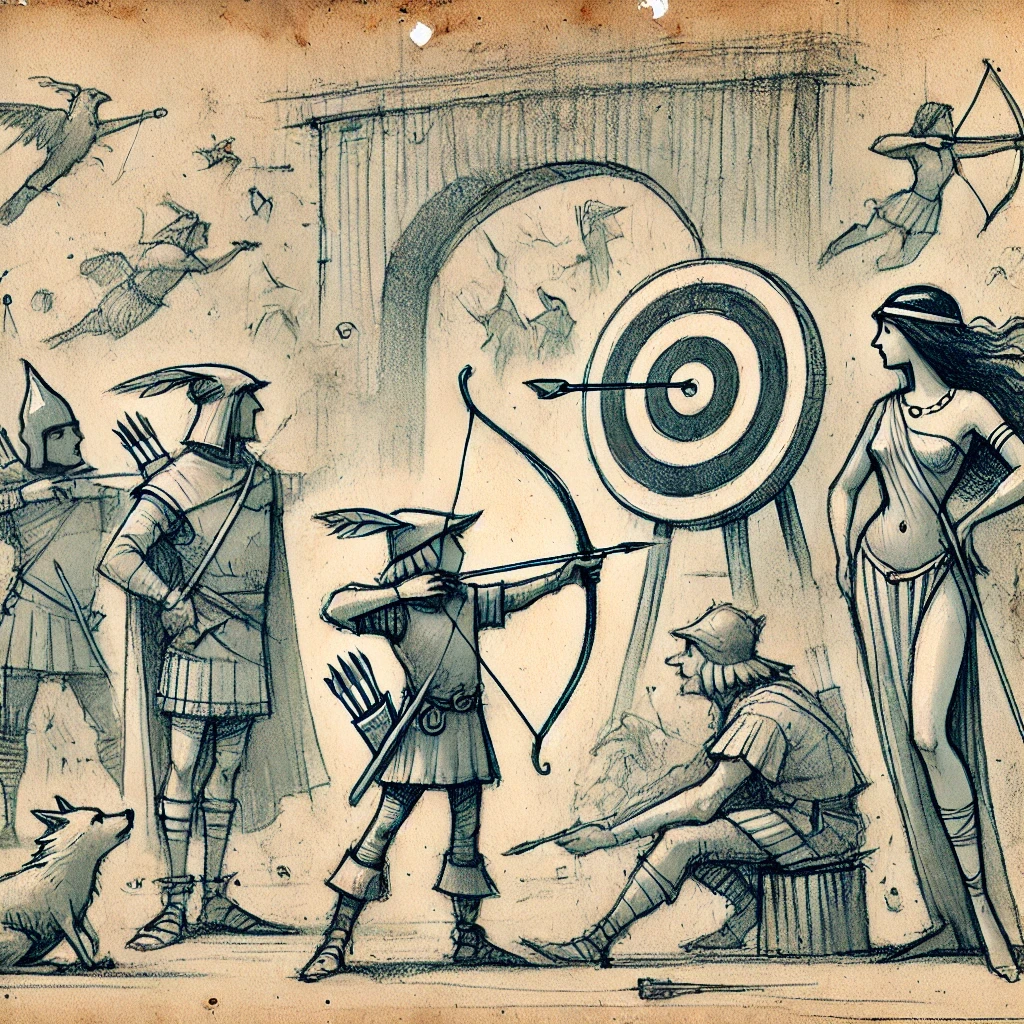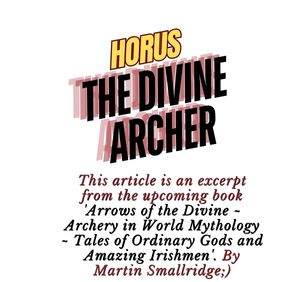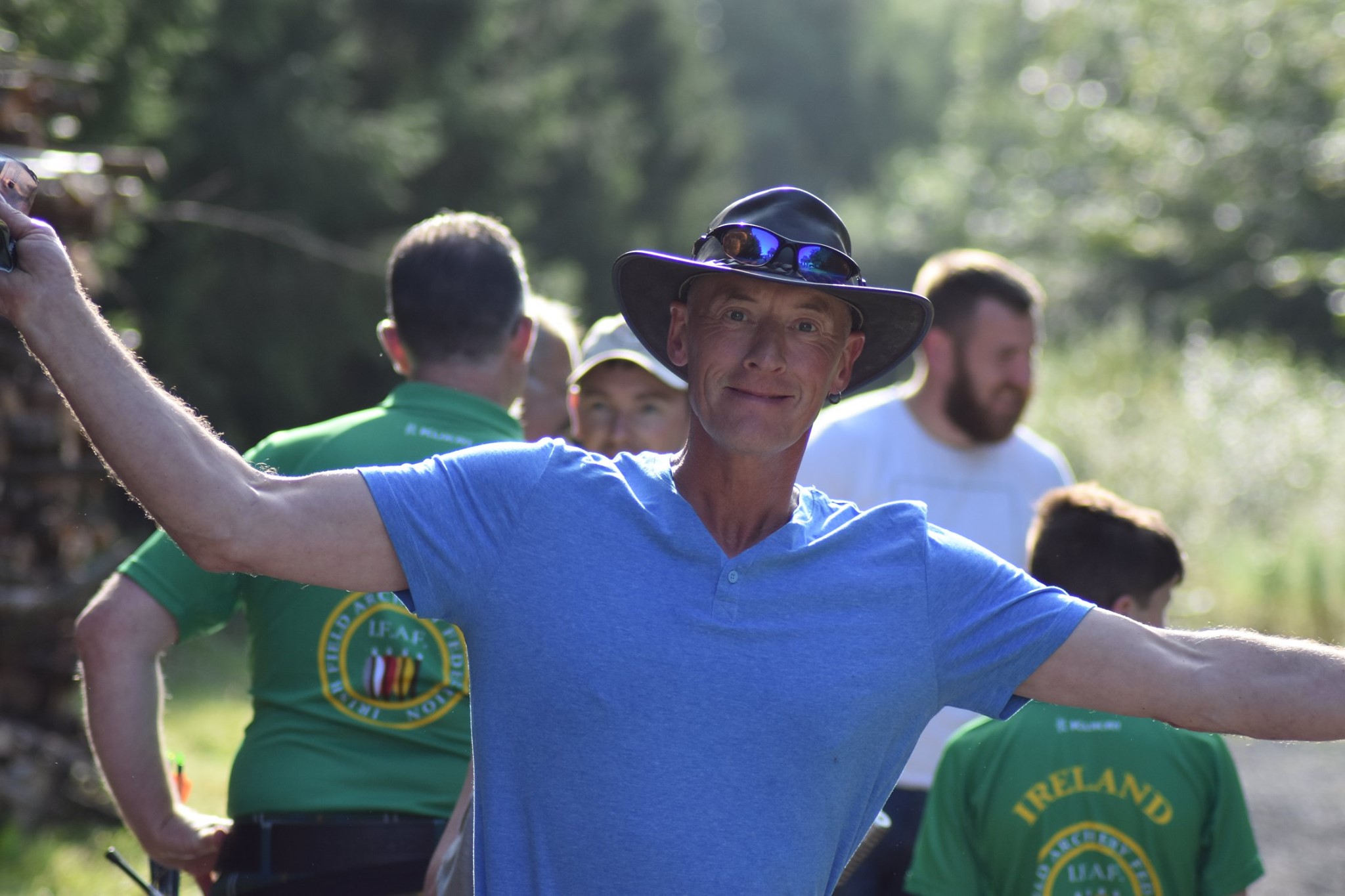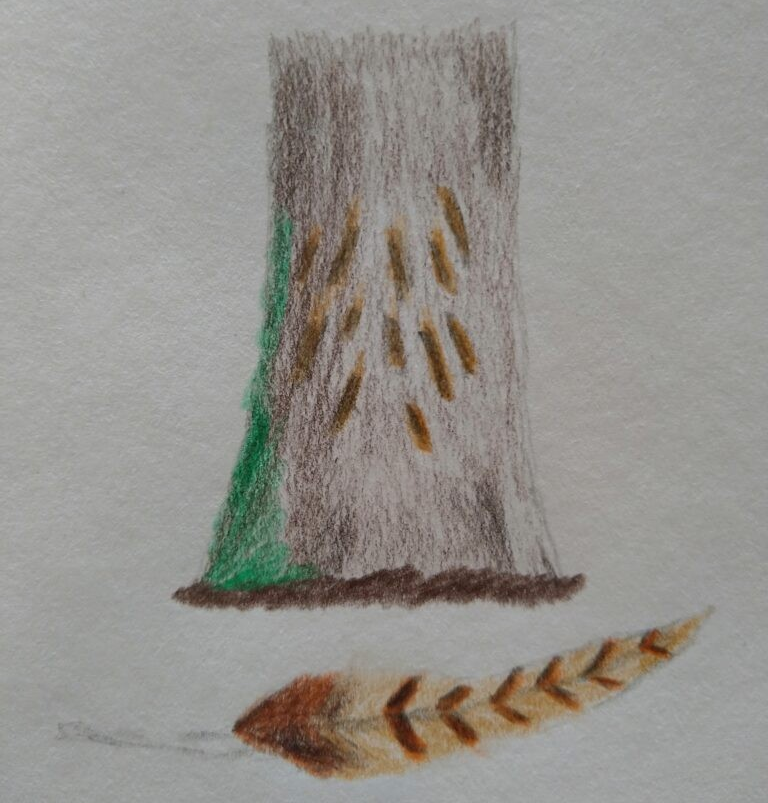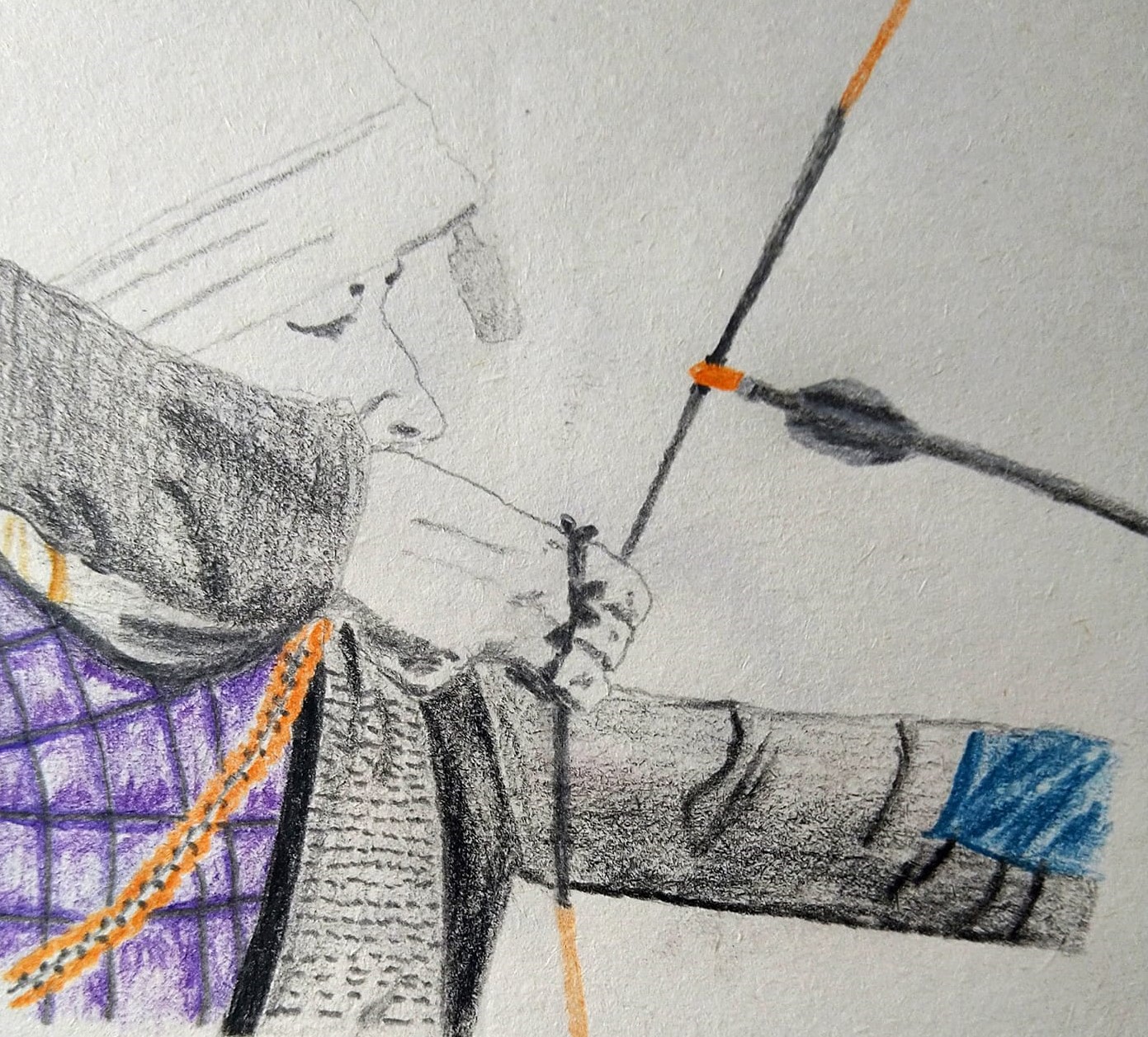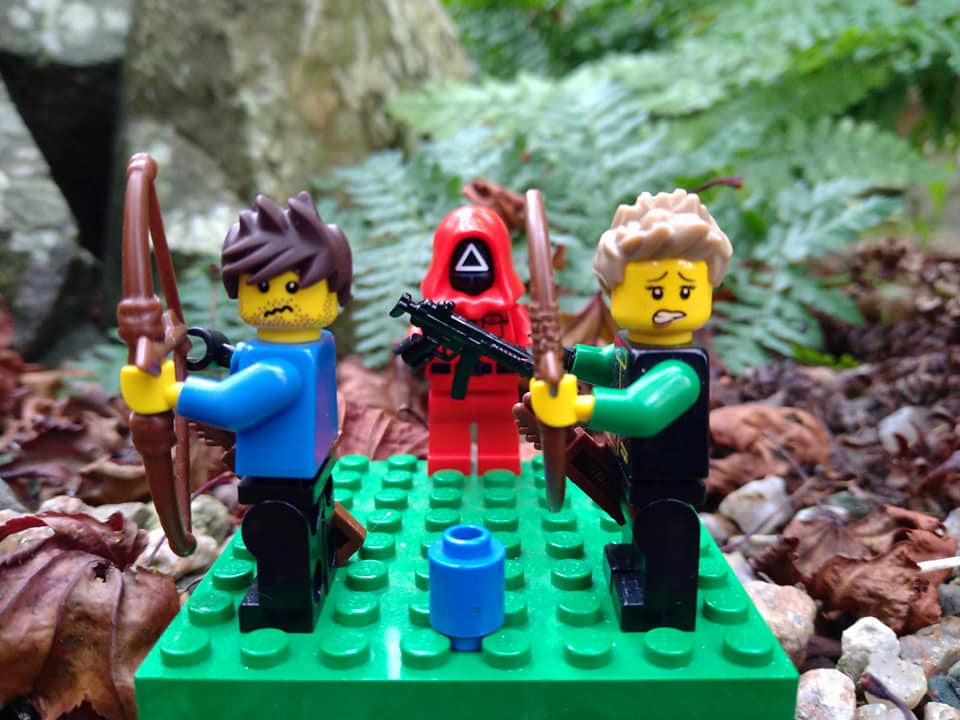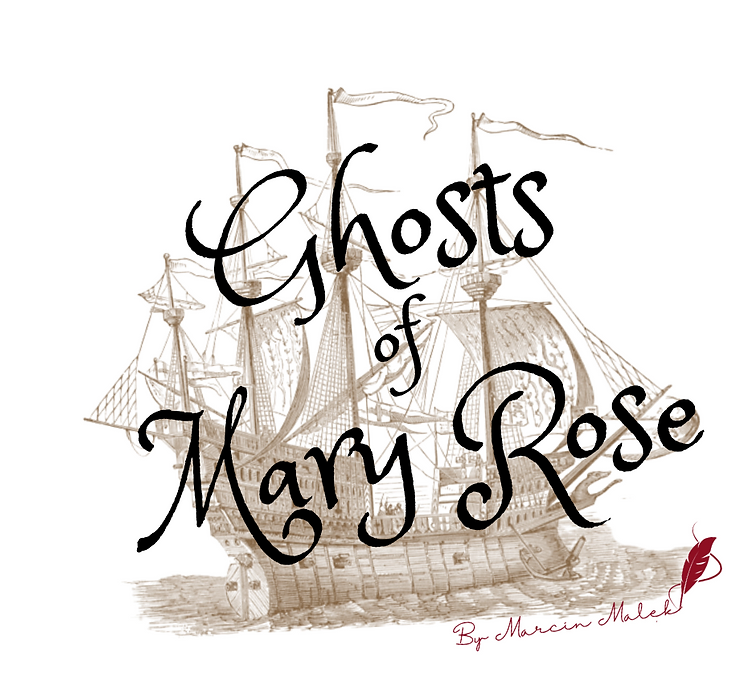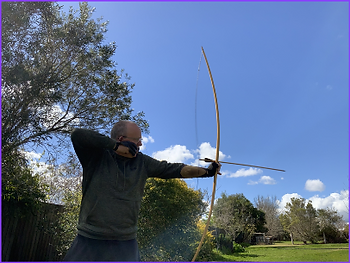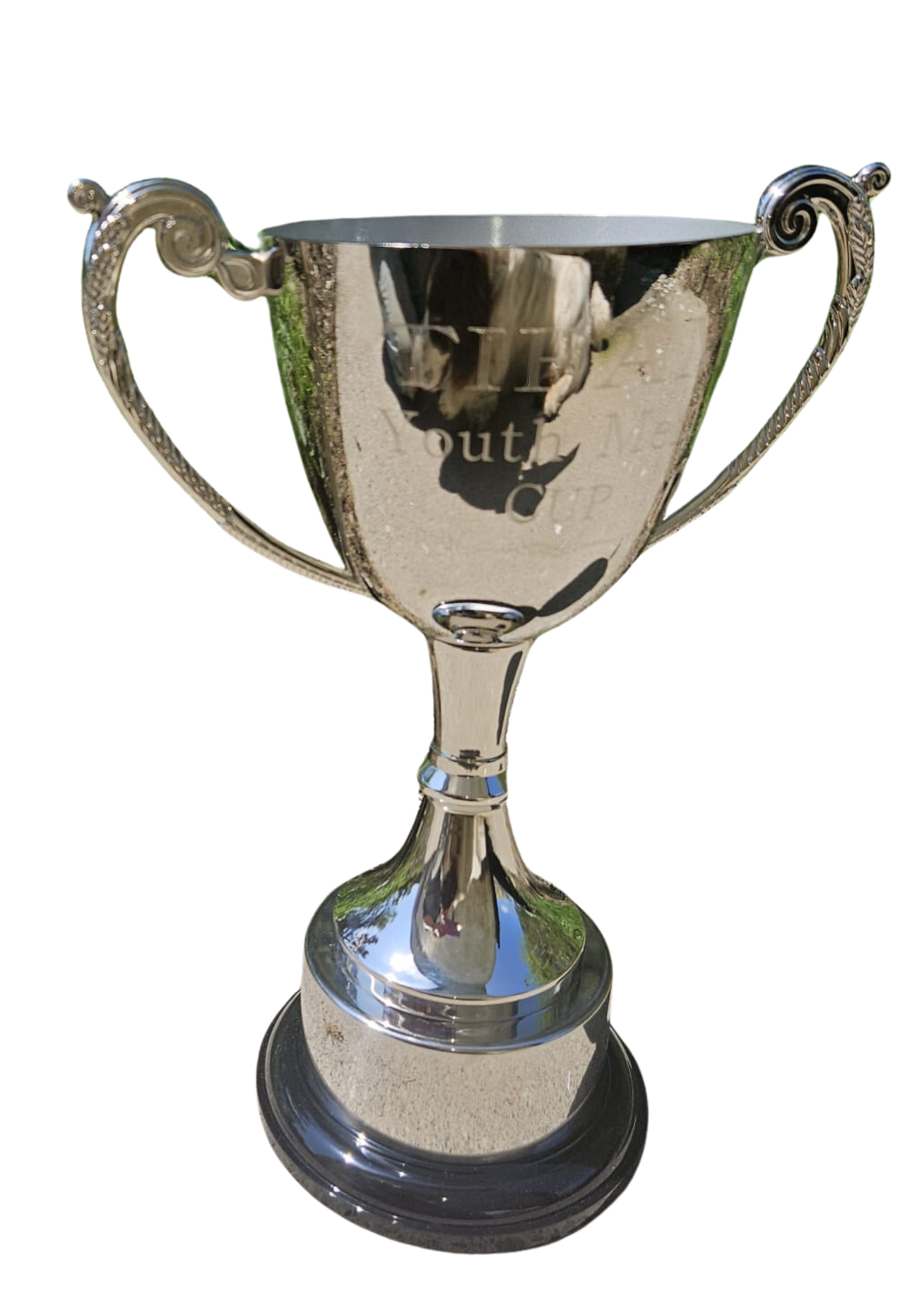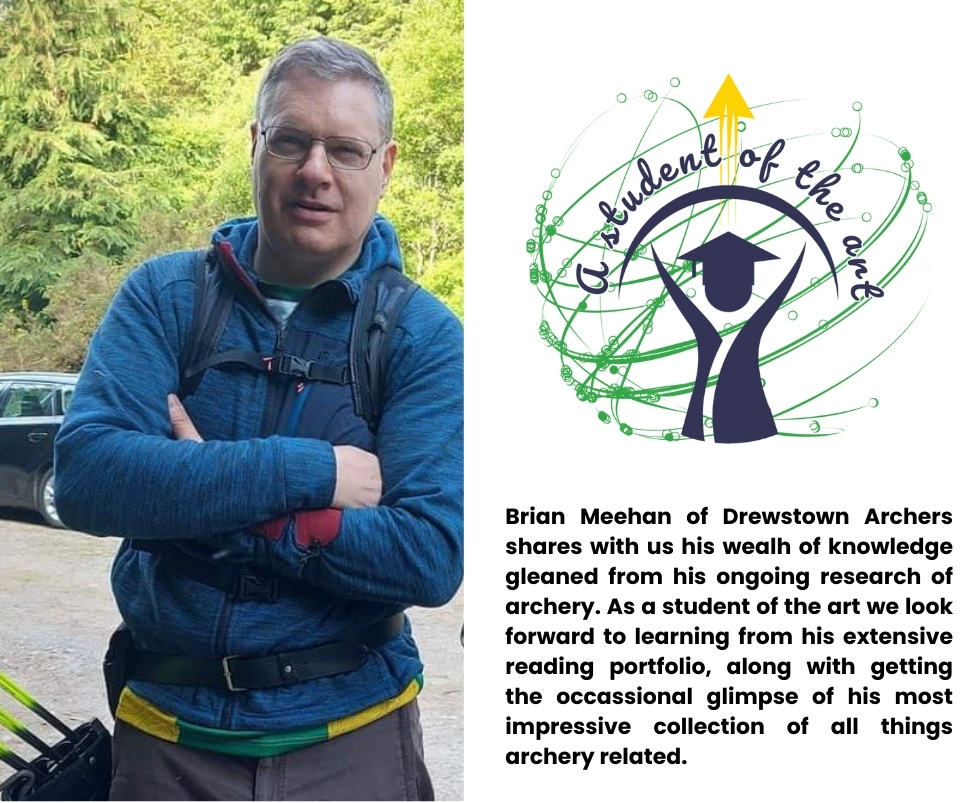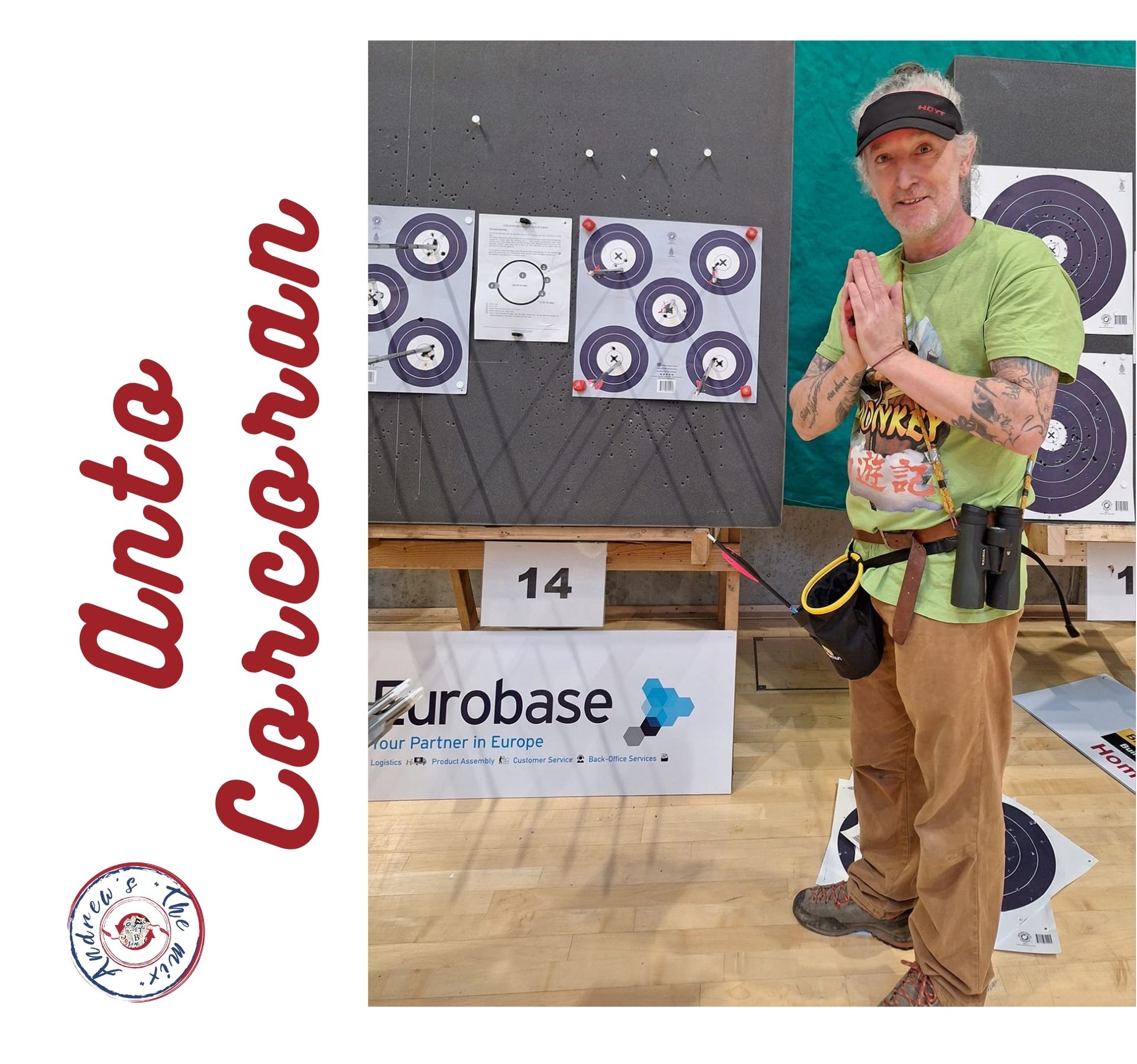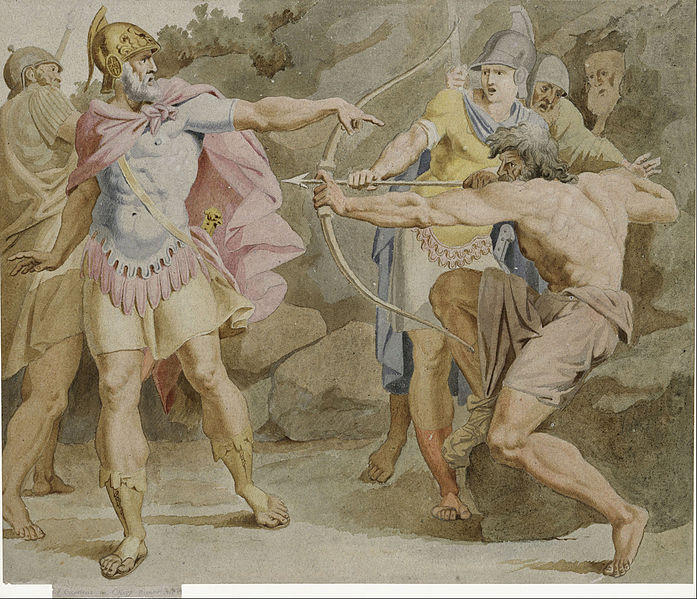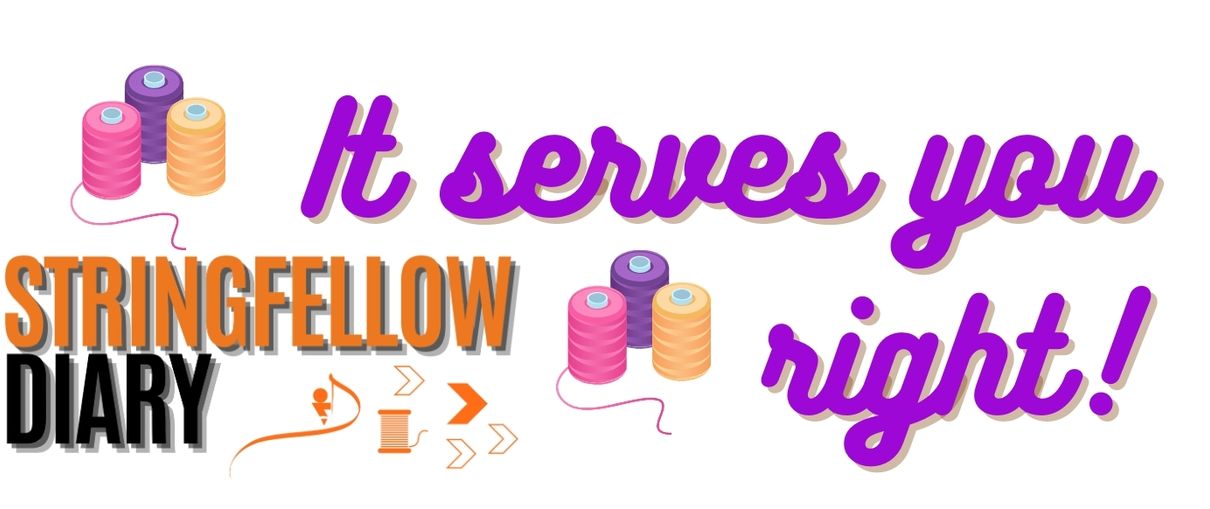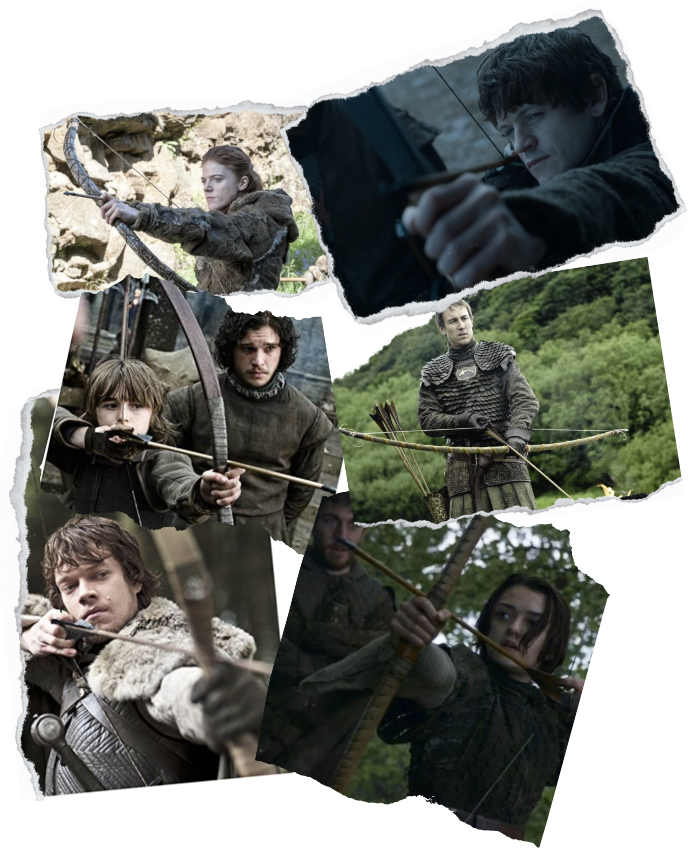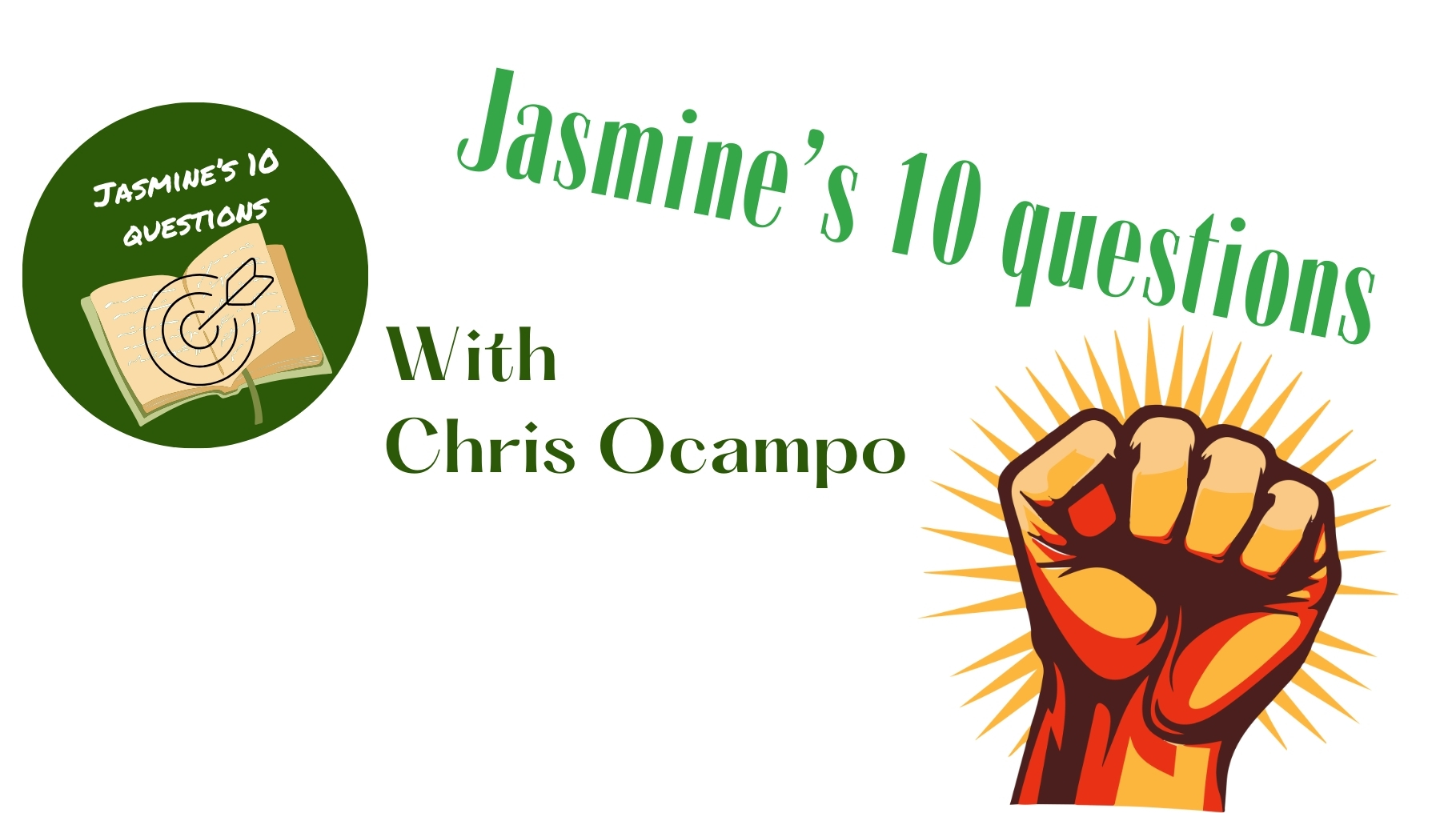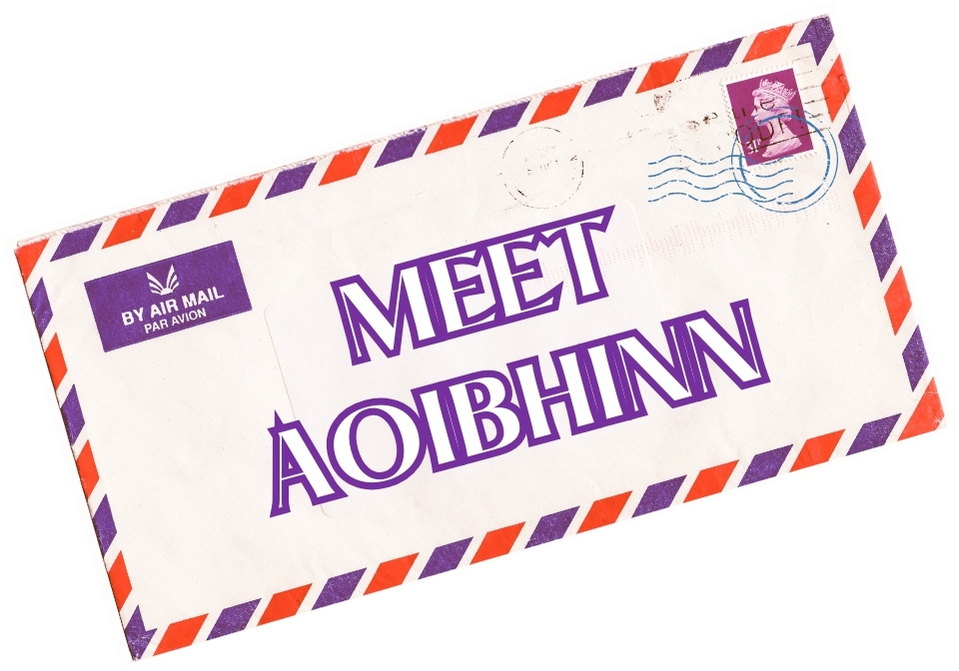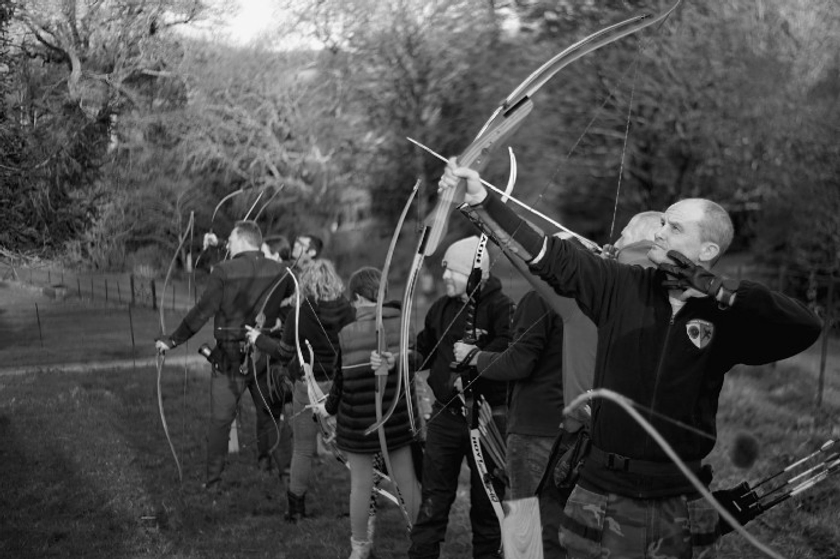
Hello all. Its been a while since my last ramblings and unexpectedly I was elected to the post of IFAF secretary at our recent AGM. Thank you all for the vote of confidence. I will do my best. So, I have had an ever-increasing interest in coaching in recent years and last night I attended a coaching lecture given by Wayne Goldsmith at the Munster Technological University in Cork. Colleen Moore our level 4 IFAA coach and recently voted TIFAM Chair Preson brought my attention to it and thanks to you Colleen for that. Hopefully, this report can provide some of the key insights from the talk. This is the kind of stuff that if it helps one person then it was worth the effort. Wayne Goldsmith hails from Australia and spent the last three weeks in Ireland working with various sporting organisations.

He finished his trip with a free talk hosted by LW management which is a very generous opportunity for all coaches regardless of their chosen sport. Many thanks to LW Management and MCU for making this available.
Wayne has over 25 years of experience working with top level athletes, teams, coaches, and sporting organisations all over the world, his primary sporting expertise is swimming but as he will tell you himself the Art of Coaching applies to any sport regardless.
Right! So, what is the message I hear you ask. The fundamental point Wayne is communicating to all coaches is that you can be “That” person who makes the difference. Everyone at some point in life gets told by a parent, a partner, a friend a stranger, and of course a good coach that they can achieve all they want to achieve. If it has already happened to you, think back, and try remembering a defining moment when another person made the difference in your life. I remember being at a very low point in life, I had lost everything, my wife, my home, my business, and my job. I saw very little potential in myself and could not see a way out. Then I got a little bit of advice from a most unexpected source – my ex-wife. She told me about the springboard grants for going back to college and how to look them up and apply. I had not considered returning to education at 45 years of age as a solution until that moment. I have no idea why, but it lit a fire in me and that very night I went online and searched through the list of available courses. By the following day I had my application sent in and within a month I was taking my first lecture in a master’s degree in food business management. Two years after that I got my first job as a QA manager after acing the course with a first-class honours MSc.
The impact on my life was profound and it boiled down to a 2-minute conversation with my ex-wife while we were attending our youngest daughters Christmas play in school. Wayne talks about 30 second coaching. This is basically a form of positive re-enforcement which ultimately builds and sustains change in the student or athlete. Its as simple as saying “well done, you executed that shot well, great focus! Keep up the good work” That one positive feedback from the coach during a routine club training session could make all the difference. The goal of this seemingly obvious type of thinking is that the young athlete, in our case an aspiring world champion archer, would be encouraged to work a little harder during practice, all the while loving the sport even more. An archer can take the coaches instruction and push their own training beyond the scope of what the coach has asked them to do. This is at the core of success and realising an archers full potential. Wayne says there is a secret to success in sport – “The passion to prepare => The potential to perform”.

An archers potential to perform boils down to genetics and their choice of parents says Wayne. The Passion to prepare however is a coaching issue. “We as coaches must make sure that our programs, methods, and systems engage the archers mind and body, so they make the most of their training sessions every day to their full potential”. I believe that there is a type of person that simply can not be coached. It is important to establish this as a coach as not all archers want to be an Olympic gold medallist. Some people just want to have fun and that is perfectly fine. Winning at all costs will only push those people away. What is more important for the future of any sport? A few very uniquely talented individuals who win Olympic gold by the time they hit 20 years old or a host of averagely talented people who love the sport and perform within the sport at all levels and continue to engage with the sport their whole lives. The pressure put on a young archer to train and perform can easily ruin their passion for the sport long before any true potential has been realised.


Looking at the Matrix above, you might be able to see which quadrant you fit into. You can see that no amount of raw talent will produce a great archer if their attitude sucks. If they hate the sport or the coach etc. There is a very rare type of person who wins the genetic lottery and has raw talent in spades along with the perfect attitude. They need little coaching. Wayne calls people who reside in the top left quadrant “Coach Killers”, they have oodles of talent and could not care less but I think most of us reside in the bottom right corner. You see, a low or average amount of talent combined with a great attitude and love of the sport which is re-enforced by the right kind of coaching is where the real win is found. Wayne wants us to think outside the box and get away from the idea that there is a linear progression to sporting greatness. Along the way the archer will have peaks and troughs of performance and attitude. It is during the high and lows of this progression that the coach comes in to play. One final key piece of the puzzle and it is especially relevant these days in a world of online instant gratification, is that young people now can access information and learn at an incredible rate. If as a coach, you do not keep up and develop your own skills and knowledge you will fast become irrelevant to the athlete. They need to know that you have something to offer.
Obviously, there is a world of information in this subject to be explored and understood and it cannot be properly explained here is a brief report. Nor am I educated specifically to speak as an expert on coaching.
However, this concept really resonates with me. I was the kid with the potential once upon a time and my love of archery was destroyed by lack of good coaching and or the negative influence of the wrong type of coaching. Has anything changed in Irish archery since then? Yes and no in my opinion. We can certainly do better. But that is a debate for another day. To summarise the learning of Waynes, talk last night it is that coaching is the art of inspiring change through establishing an emotional connection with young athletes which will inspire them to be all that they choose to be which will in turn transform your life. Here are the links to Waynes online portfolio and you can also register on his website and receive a free eBook to help inspire you.





